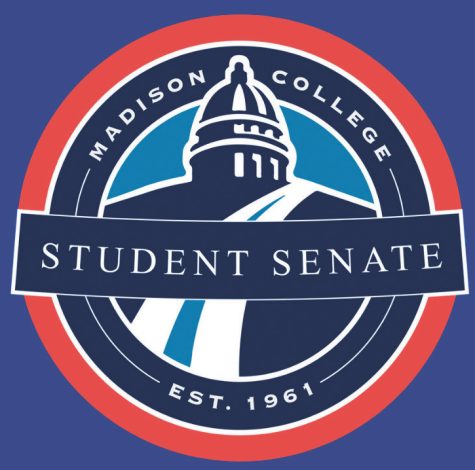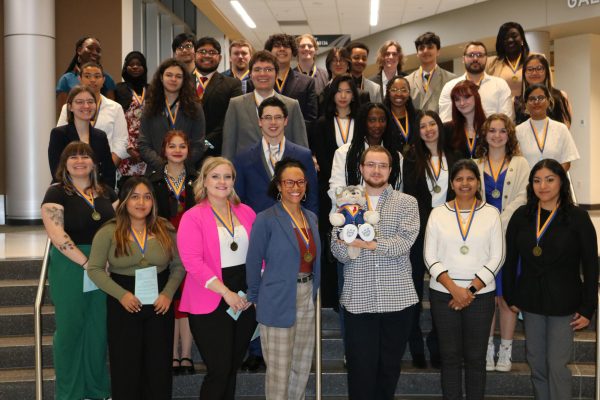October is National Cybersecurity Awareness Month
October 27, 2015
Most people tend to think of cybersecurity as a big scale issue, but perhaps more thought needs to be given to it on an individual scale, particularly by college students.
A 2015 Identity Fraud Study conducted by Javelin Research found that while college students are no more likely to be victims of identity theft than any other age group, they’re disproportionately unconcerned about the threat. 64% of students told Javelin researchers that they were “not very concerned” about fraud, far more than in any other age group. This is a concern since a CNNMoney report using statistics compiled by the Ponemon Institute showed that 47 percent of American adults experienced some form of personal information exposed by hackers in 2014.
The National Cyber Security Alliance (NCSA) tries to educate the public on being more proactive in protecting their online information. Each October the NCSA celebrates National Cybersecurity Awareness Month. Through its web site StaySafeOnline.org it offers a wealth of resources to help people of all ages better protect their private information.
Some simple things college students can do to protect their private information better include using unique passwords for different accounts, deleting cookies and browsing history, setting privacy options in browsers, using a non-tracking browser like DuckDuckGo, being wary of sharing too much personal information in Facebook or other social media, being careful about entering private information in Wi-Fi hotspots, making sure the “remember me” function is not enabled when using a public station, and always remembering to log out when you leave a public station.
When browsing the web, look for sites that start with “https” instead of “http.” Sites that start with “https” have taken extra steps to help secure the information, while the “http” sites you are more used to are not secure. There’s even a way to try and make “http” sites into “https” through the HTTPS Everywhere browser extension project sponsored by the Electronic Frontier Foundation at https://www.eff.org/HTTPS-everywhere.
The Madison College Libraries have created an Online Security Research Guide at http://libguides.madisoncollege.edu/onlinesecurity with many general and Madison College specific online privacy tips.
For an in-depth and frightening look at the way your personal information is collected and used, check out the 2015 book Data and Goliath: the Hidden Battles to Collect Your Data and Control Your World from the Madison College Libraries. Try a subject search on the term privacy in the library catalog and article databases to find more information.
This Halloween season, take a few minutes to protect yourself better against the increasingly scary monster that is online privacy invasion.










